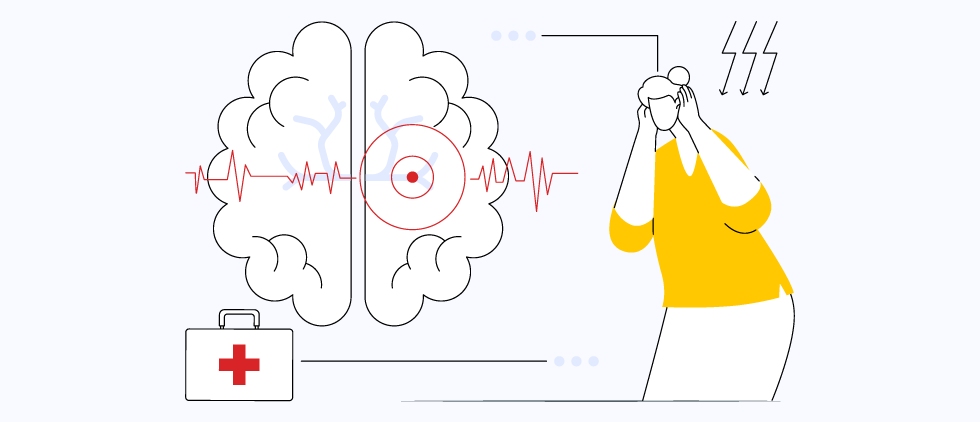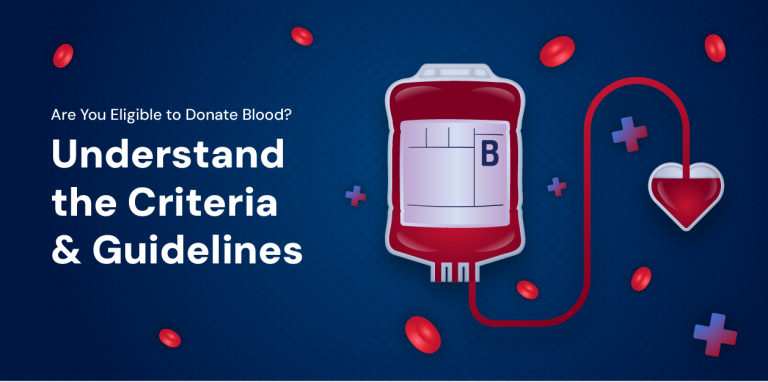Stress! The word instantly evokes feelings of dread and discomfort. We have been conditioned to think that stress is bad and negatively affects our health and well-being. However, stress doesn’t have to be the enemy it is commonly perceived as. While excessive stress can overwhelm, too little can lead to complacency and stagnation. The key is understanding stress better to find its optimal level – the sweet spot where we feel challenged and stimulated and not overwhelmed.
Stress-decoded:
Stress is the body’s natural response to perceived threats, triggering a surge of adrenaline that prepares the body to deal with challenges. It helps us become more aware of things, keeps us more focused, and propels us to get more done.
So, instead of viewing stress as a threat, let’s consider it a catalyst for growth and transformation and deal with it.
Coping with stress – the smarter way
There is no one-size-fits-all when it comes to dealing with stress. Everyone has their own physiological and psychological responses to stress. Hence, coping with it effectively requires a broader approach that involves the body, mind, and soul.
The body
- Eating healthy: Avocados, oranges, and oysters contain antioxidants, minerals, and vitamins that help alleviate anxiety symptoms. High-sugar, high-fat foods, and alcohol should be avoided.
- Being active: Exercising releases endorphins, the brain’s feel-good neurotransmitters. Picking any activity that is genuinely enjoyed, such as walking, jogging, dancing, cycling, yoga, gardening, or swimming helps.
- Sleeping well: Sleep helps rejuvenate the body and elevate mood. Sleep is enhanced by exercising, staying away from electronic devices during bedtime, and meditating.
The mind
- Media detox: Taking breaks from watching the news and social media should be considered along with disconnecting from electronic devices multiple times a day.
- Talking to people: Sharing thoughts and feelings often with family, friends, or a counselor rather than keeping them bottled up helps to break down the problem and ease stress.
- Minding attitude: There are always two ways to respond to a challenging situation. Getting stressed or accepting that certain events are beyond control and can be dealt with calmly, positively, and assertively.
- Time management: Dividing time equally between work and enjoyable activities is a great way to keep stress away. Learning to say no to requests that eat into schedules creates tension.
The soul
- Expressing gratitude: Research shows that gratitude reduces stress and improves mental and physical health. Beginning and ending the day by being thankful for five things is very effective in reducing stress.
- Laughing out loud: Laughing helps the body absorb more oxygen and release feel-good hormones.
- Facing the music: Research confirms that music is effective for relaxation and stress management. Upbeat music creates optimistic thoughts while slower tunes quieten the mind and relax muscles.
Amidst the whirlwind of modern life, stress management isn’t just a luxury – it’s a necessity for our overall well-being. By implementing the strategies discussed, from mindfulness and physical activity to nurturing the soul, we can navigate life’s challenges with greater ease and resilience.
-Content partner Happiest Health







